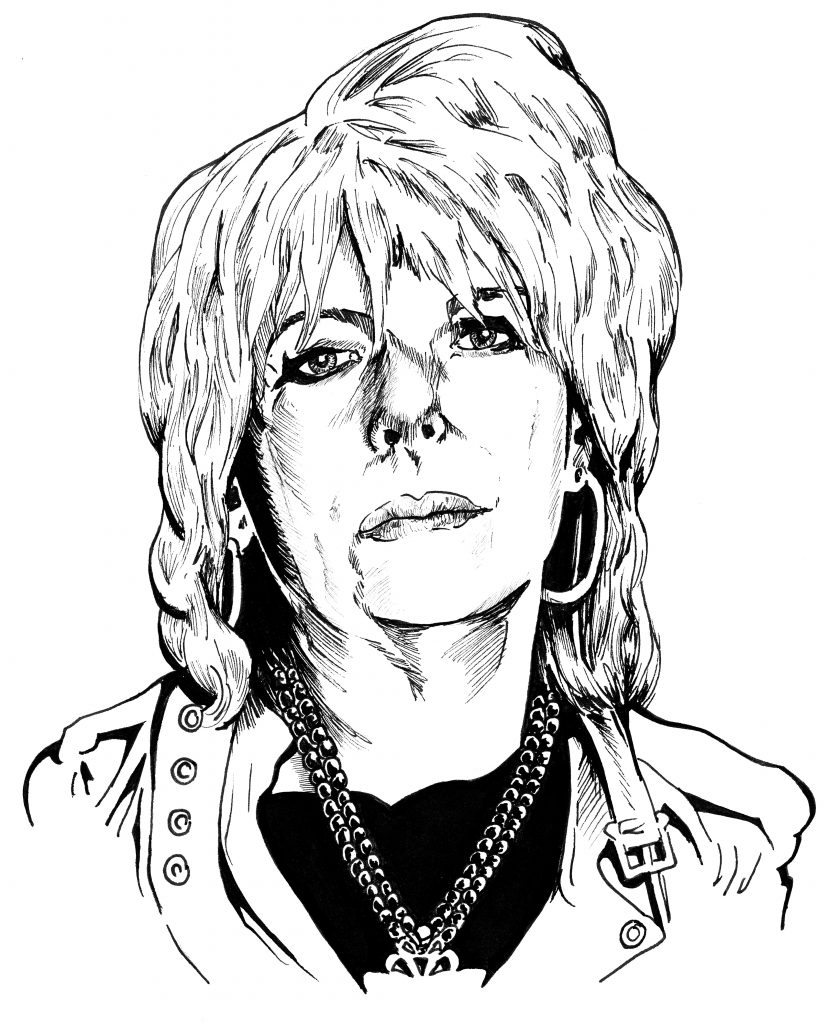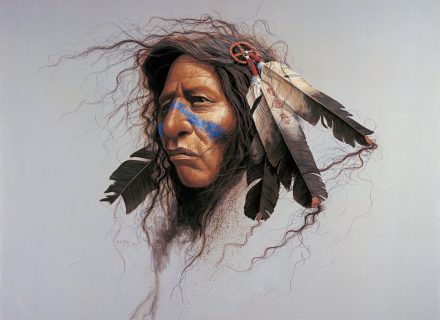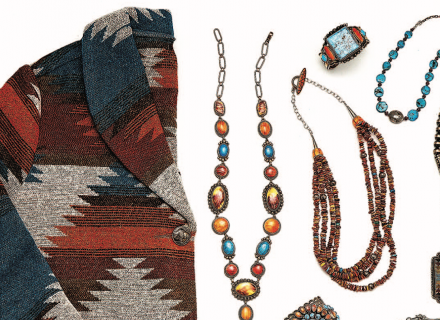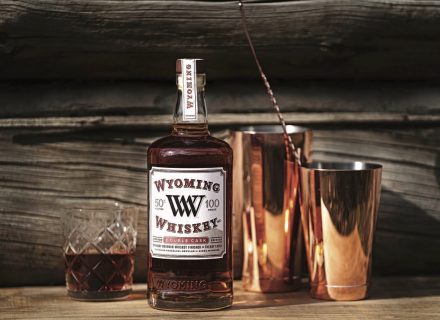The singer-songwriter talks Hank Williams, her creative process, and her latest album, Good Souls Better Angels.
Cowboys & Indians: Congrats on your latest album, Good Souls Better Angels. Several of the songs sound dark and retrospective, like they’re singularly well-suited for the pandemic era. Yet our two favorites — “Big Black Train” and “Pray the Devil Back to Hell” — actually have some underlying optimism, if you listen closely enough.
Lucinda Williams: Those are two of my favorite ones, too. Whenever I sing “Big Black Train,” I feel like I’m going to cry. To me, it brings back that feeling like when you were a child, and somebody’s trying to make you go into a dark room or something. And it’s interesting, I think, because usually, for hundreds of years, people have been writing songs about trains, and it’s always the same themes: I’m going to get on the train and ride to freedom, or I’m going to get on the train to see my baby. This train is going to take me away from all my problems and everything, and Freedom Train, and all that. But in this one, the train is supposed to represent the big black cloud of depression, basically.
C&I: But you specifically state in the song: You’re not getting on that black train. And in “Pray the Devil Back to Hell,” you signal you’re going to curb your self-destructive ways, on your own, even though you know that will never be easy.
Lucinda: I think a lot of old blues songs are like that, and old traditional folk songs. They would kind of give a name to whatever the pain or the problem was. The Devil, or Satan, or the blues. Whatever it is. They would fight that thing.
C&I: And you can hear that type of raw emotion expressed a lot in country music as well.
Lucinda: Old country. Nowadays you have to explain what you mean, you have to clarify, when you say “country.” I feel like I have to, anyway, because it’s so different now.
C&I: Like Hank Williams country?
Lucinda: Definitely Hank Williams. But he was as much a blues artist as anything. I mean, not stylistically — he was country. But he had that same forlorn emotion in the way he expressed himself. “Lost Highway,” that song he sang, is about the bluest. I mean, that’s about as blue as it gets.
C&I: Tell us something about your creative process. Like, do you write several songs over a period of time, randomly, until you think you have enough for an album? Or do you start out with a specific concept or mood in mind, and write songs defined by that?
Lucinda: No, the way I do it is the first way. Because when I write, I’m just writing basically for myself. I’m writing as a form of self-expression, because I feel like I want to get this song out. So I’m not thinking in terms of the next album, what the theme is going to be or anything. For the last few albums, I’ve gone in with more songs than I needed for that particular album.
C&I: Do you adhere to a specific songwriting regimen?
Lucinda: Well, I go through different periods. I don’t write every day, all day. I mean, I’m not real disciplined about it necessarily. But in another way, I am always writing, because my brain is always on. I’m always writing down notes, or writing a line down, or hearing something that sounds interesting and I’ll make a note of it. So, I keep all this stuff on a running basis. I’ve got files right now. I’ve got a whole bunch of songs that I started, but they’re not finished yet.
C&I: And eventually?
Lucinda: Eventually, at a certain point, I’ll get in the right mood, and I’ll sit and get all my stuff out. I start applying myself, and utilize a lot of what I’ve already collected. When I do sit down to write a song, I’m not necessarily writing something totally from scratch. I’m not just looking at a blank page, I’m able to utilize this stuff, all these ideas and lines and bits and pieces that I’ve collected. So, that’s kind of my writing process. I know it sounds kind of crazy to some people, maybe. Actually, I really envy and admire people who have a set schedule, and they sit down every day between whatever it is, 10 in the morning until 3 in the afternoon, and they have that kind of thing.
C&I: Still, it sounds like everything came together perfectly for Good Souls Better Angels.
Lucinda: People have been asking me, “Wow, it sounds like you sat down and wrote this whole album just in time for the pandemic.” But I didn’t. A lot of the songs, they weren’t all written at the same time. Like “Bone of Contention.” It was supposed to be on that Little Honey album. But we just didn’t feel like it fit, so that one had never been released. And then we remembered it, and we thought, Oh, wow. That would fit perfectly here with these songs. So we rerecorded it for this album — and it sounds like I wrote it yesterday. You know?
Header image courtesy Ray Molinari, illustration courtesy Jonathan Fehr
From our October 2020 issue.


















